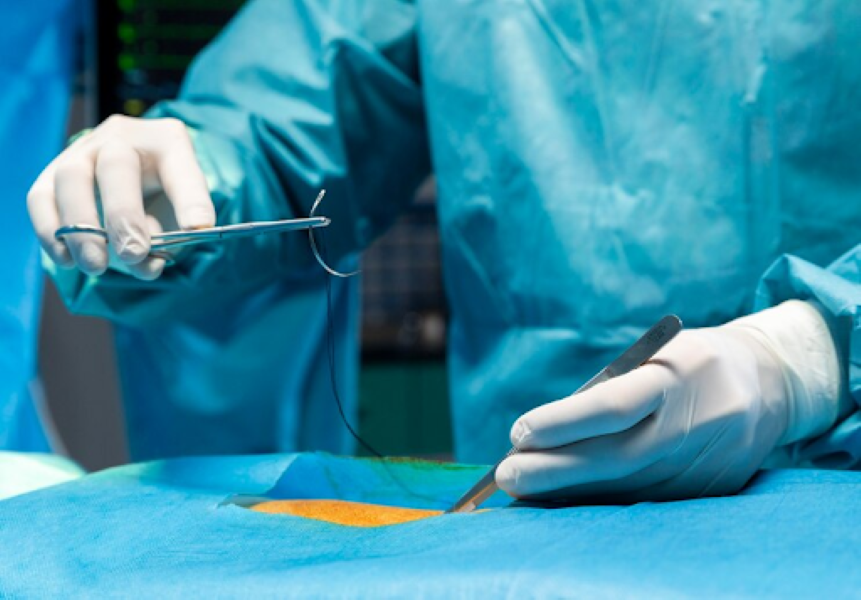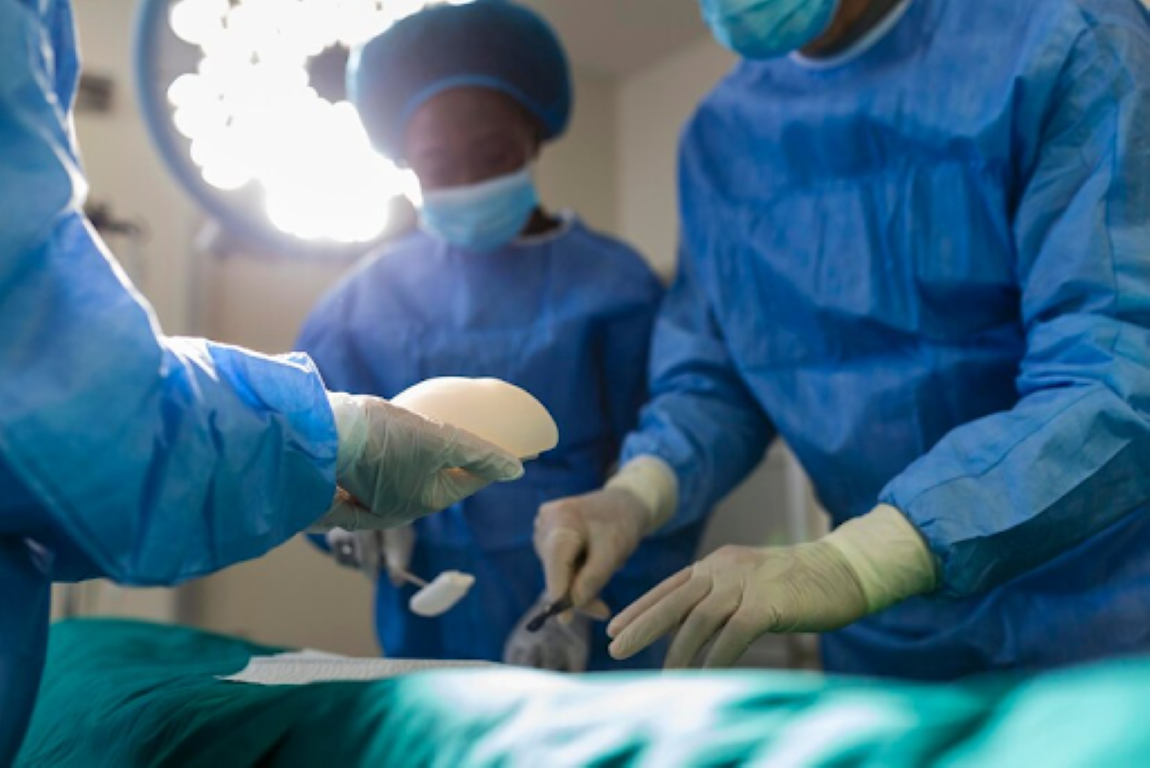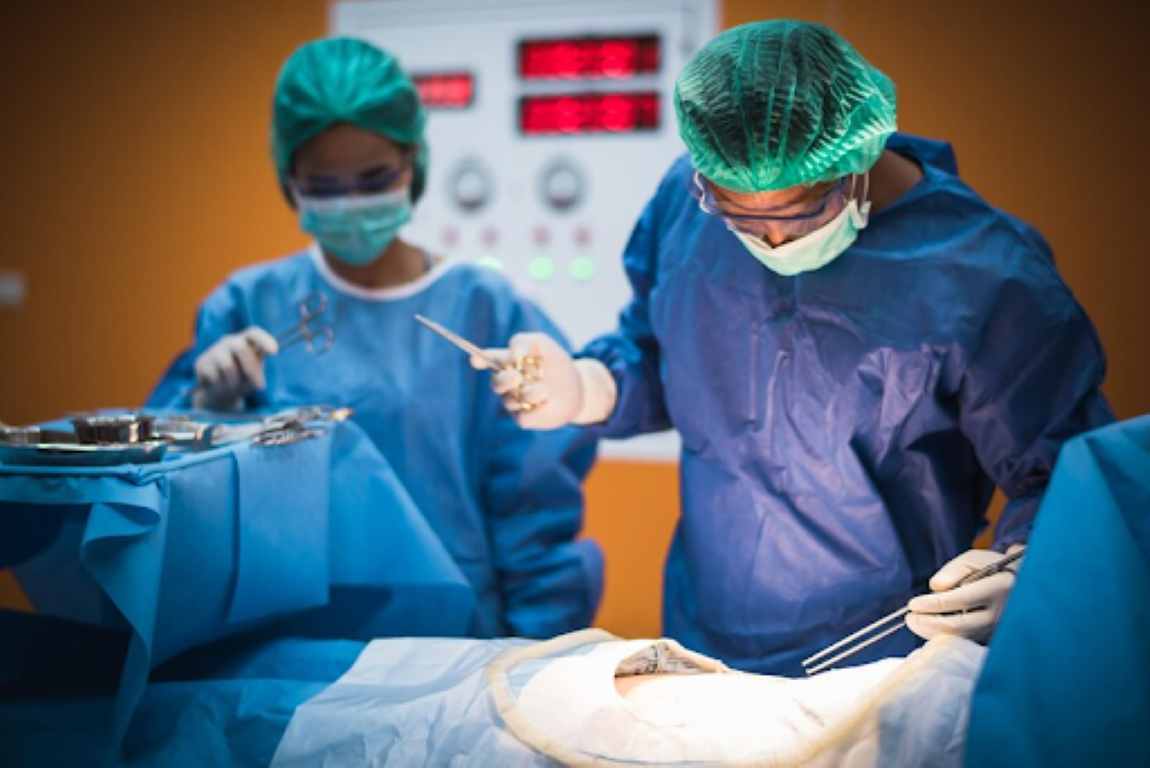Understanding Weight Regain Dynamics
Weight gain following gastric bypass or gastric sleeve laparoscopic surgery is a complex problem influenced by several variables. While these surgeries significantly reduce stomach capacity and alter hormonal signals related to hunger and satiety, they are not a foolproof solution. Several factors contribute to weight gain.
Dietary Choices
Post-surgery, patients must adhere to a specific diet to promote healing and support weight loss. Over time, some individuals may deviate from these guidelines, leading to increased caloric intake and, subsequently, weight gain.
Metabolic Adaptations
The body may adapt to the changes induced by surgery, slowing down metabolism. This can make it easier to regain weight, especially if dietary and lifestyle modifications are not maintained.
Psychological Factors
Mental health, stress, and emotional eating usually hold pivotal roles in weight management. If underlying psychological factors are not addressed, they can contribute to unhealthy eating habits and, consequently, weight gain.
Lack of Physical Activity
Regular exercise is crucial for maintaining weight loss and overall well-being. A sedentary lifestyle can hinder weight management efforts.
Strategies to Mitigate Weight Regain Risks
1. Adherence to Dietary Guidelines
Post-Surgery Diet
Follow the prescribed post gastric sleeve laparoscopic surgery diet plan, progressing from liquids to soft foods and eventually to a regular diet as advised by the healthcare team. Nutrient-Rich Choices Emphasize nutrient-dense foods to meet nutritional requirements without excessive caloric intake.
2. Regular Physical Activity
Incorporate Exercise
Ensure to incorporate physical activity in your schedule, as recommended by the healthcare providers. This not only supports weight maintenance but also contributes to overall health.
3. Psychological Support
Counseling and Support Groups
Attend counseling sessions or join support groups to address psychological factors contributing to weight gain. Understanding and managing emotional triggers are essential components of long-term success.
4. Monitoring and Accountability
Regular Check-Ups
Schedule regular follow-up appointments with healthcare providers to monitor progress and address any concerns promptly.
Food Journaling- Keep a food journal to track dietary choices and identify patterns that may contribute to weight gain.
5. Lifestyle Modifications
Healthy Habits
Cultivate healthy lifestyle habits, including adequate sleep, stress management, and mindful eating. These factors contribute to overall well-being and support weight maintenance.
6. Hydration
Adequate Water Intake
Never skip hydration; stay hydrated by consuming enough water for the day. Sometimes, feelings of hunger can be confused with dehydration.
7. Professional Guidance
Consult Healthcare Providers
If you are experiencing challenges with weight maintenance, consult healthcare providers or nutritionists for personalized guidance and adjustments to the weight loss plan.
8. Recognizing and Addressing Red Flags
Early Intervention
Be vigilant for signs of weight regain, such as changes in clothing fit or gradual increases on the scale. Early recognition allows for timely intervention.
Conclusion
While gastric sleeve and gastric bypass surgeries are effective tools for weight loss, sustaining the results requires ongoing commitment and lifestyle modifications. Regular communication with healthcare providers and a holistic approach to health, encompassing physical, psychological, and dietary aspects, form the foundation for achieving and maintaining a healthy weight after bariatric surgery.
In your journey towards sustained weight loss after gastric sleeve laparoscopic surgery or gastric bypass, the guidance of a skilled surgeon like Dr. Aparna Govil Bhasker becomes invaluable. Her expertise in bariatric and laparoscopic GI surgeries, coupled with a comprehensive approach to patient care, ensures that individuals receive the support needed to overcome challenges and maintain long-term success. Trust in her expertise for a healthier and more fulfilling post-bariatric surgery life.





